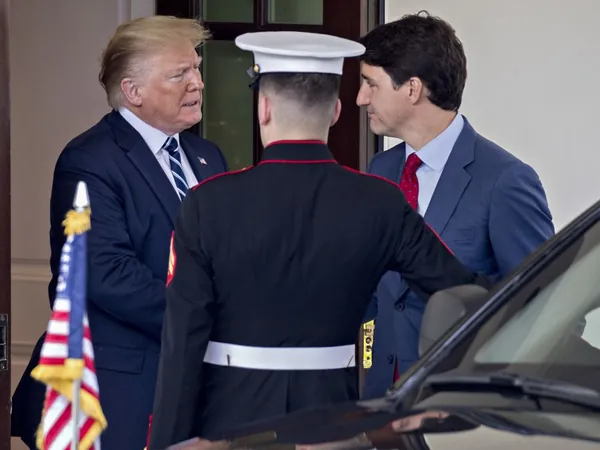
Could Trump’s Return Spell Doom for Trudeau’s Liberal Agenda?
2024-11-19
Author: Benjamin
Introduction
As Prime Minister Justin Trudeau grapples with the challenges posed by Conservative leader Pierre Poilievre, a much larger shadow looms over his progressive policies: the return of Donald Trump to the White House. With Trump potentially resuming his presidency in January, Trudeau risks a radical shift in policy that could dismantle key facets of his governance across immigration, environmental issues, trade, and healthcare.
Immigration Challenges
The bitter reality is that Trump's influence could transcend U.S. borders. Should he be reinstated, his administration is expected to aggressively enforce stricter immigration policies, which may unintentionally push a wave of migrants into Canada seeking refuge from rapid deportations. Polls suggest a growing unease within Canada regarding immigration, with a notable portion of Canadians now believing that the country is hosting too many newcomers.
In response to the immigration crisis, Trudeau attempted damage control with a video announcement wherein he blamed the 'bad actors' in the system—such as unscrupulous colleges and unethical consultants—for the chaos. However, these claims may not appease the criticisms nor the growing anti-immigration sentiment in the U.S. as Trump vows to declare a “national emergency” and deploy military force should he come back to power.
Environmental Policy Risks
The environment is another of Trudeau’s policies likely to come under siege. A Trump-led administration may ditch Biden-era climate regulations, directly opposing Canada’s commitment to international climate agreements. Former Liberal finance minister Bill Morneau has already suggested that Trudeau may need to reassess plans for the oil and gas emissions cap if Canada hopes to remain a trusted partner in the U.S. As the environmental landscape shifts, Trudeau's blueprint for sustainable growth could rapidly become obsolete.
Trade Dynamics
Moreover, trade dynamics could drastically change. Trump’s threats of implementing sweeping tariffs of 10% to 20% on imports might inflict severe damage on the Canadian economy, which relies heavily on trade with the U.S.—two-thirds of Canadian exports head south. With the North American free trade deal scheduled for renegotiation in 2026, difficult decisions are looming. Premiers like Ontario's Doug Ford and Alberta's Danielle Smith are already maneuvering to protect domestic interests, which could complicate the negotiation landscape further.
Healthcare Policy Concerns
On the healthcare front, Trump’s potential appointment of Robert F. Kennedy Jr. as his health secretary could lead to more chaotic conditions. Kennedy is known for his controversial views on vaccines, posing a unique challenge to Canada's single-payer health system. If Canada acts wisely, it could carve a niche as the premier destination for pharmaceutical research and development in North America—provided Trudeau's national pharmacare plan, which threatens accessibility to crucial drugs, is reconsidered.
Foreign Policy Implications
Finally, foreign policy under Trump will shift significantly, with expectations of a tough stance on nations like China and Russia. Recent movements in U.S. foreign policy indicate a possible withdrawal of support for Ukraine, a situation Trudeau has voiced concern over. As international dynamics shift, Canada's voice may struggle to resonate under a brash new administration.
Conclusion
As Trudeau steels himself for the impending political battles, it's vital to recognize that the true test lies not in Canada’s next election, but rather in navigating the complexities of an increasingly tumultuous relationship with a Trump-led United States. Will Trudeau’s agenda survive, or will it disintegrate under the weight of an unpredictable neighbor? In the face of this looming crisis, Ottawa's most significant challenges may arise not from the opposition party but from events racing across the border.


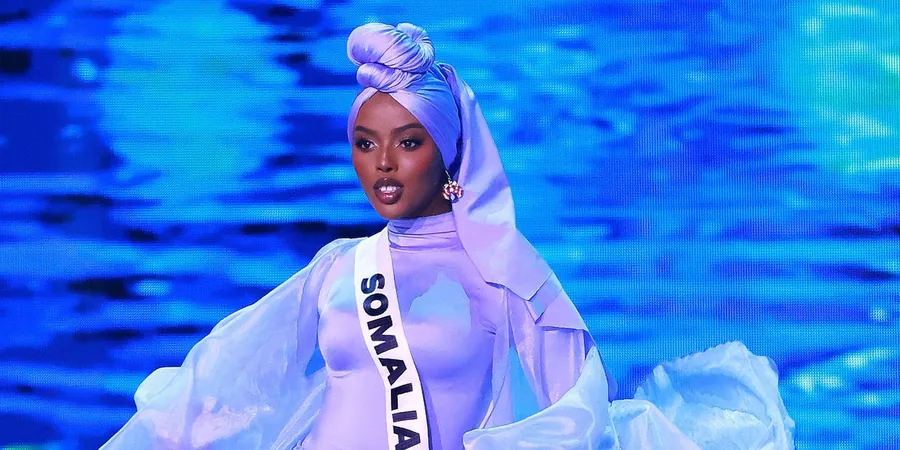
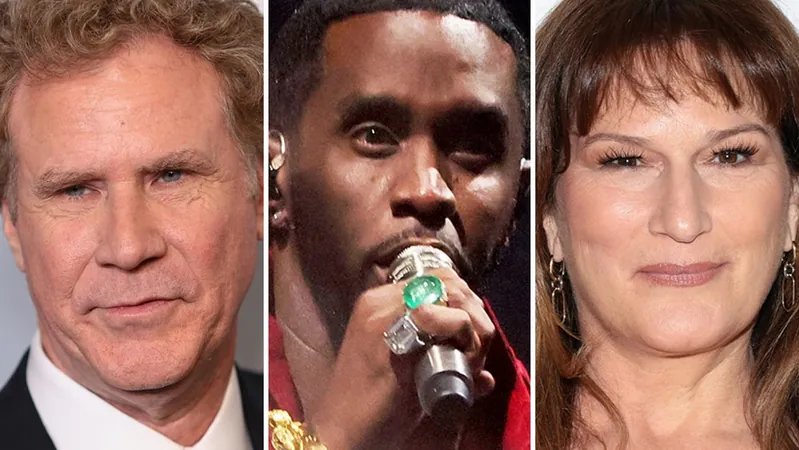

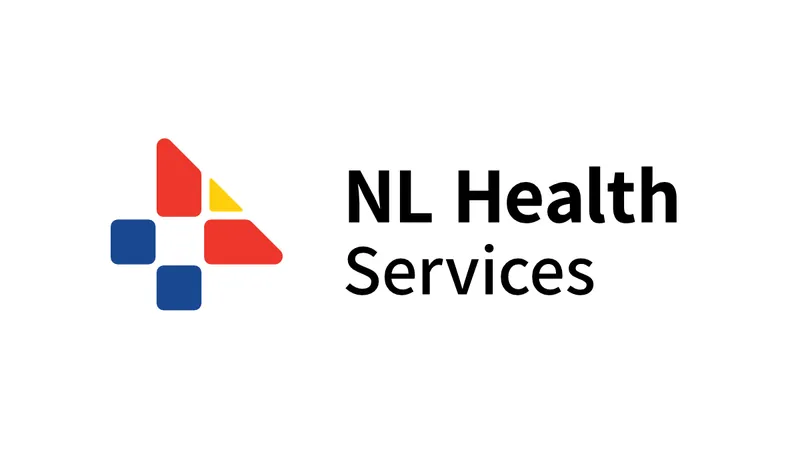

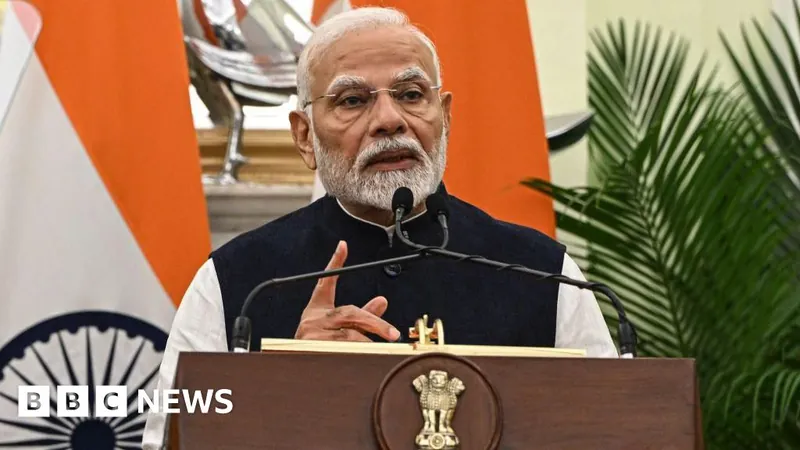
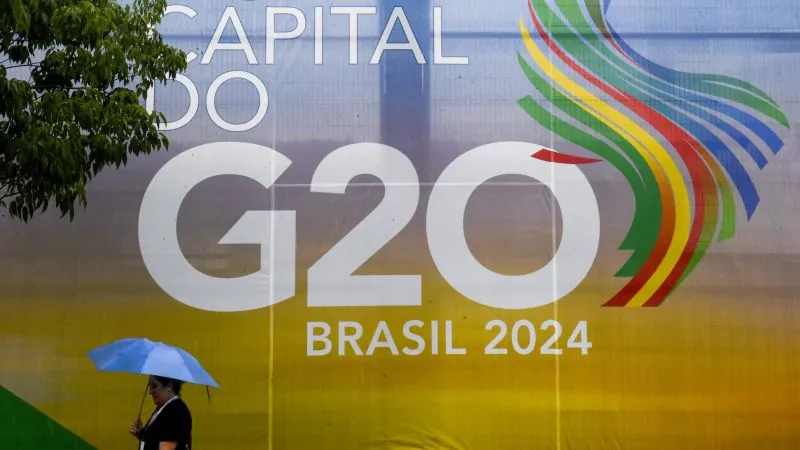
 Brasil (PT)
Brasil (PT)
 Canada (EN)
Canada (EN)
 Chile (ES)
Chile (ES)
 España (ES)
España (ES)
 France (FR)
France (FR)
 Hong Kong (EN)
Hong Kong (EN)
 Italia (IT)
Italia (IT)
 日本 (JA)
日本 (JA)
 Magyarország (HU)
Magyarország (HU)
 Norge (NO)
Norge (NO)
 Polska (PL)
Polska (PL)
 Schweiz (DE)
Schweiz (DE)
 Singapore (EN)
Singapore (EN)
 Sverige (SV)
Sverige (SV)
 Suomi (FI)
Suomi (FI)
 Türkiye (TR)
Türkiye (TR)